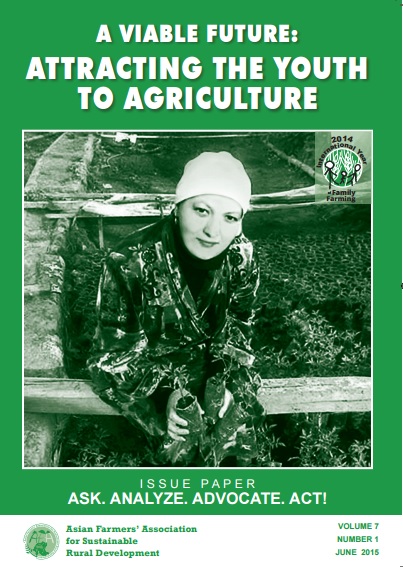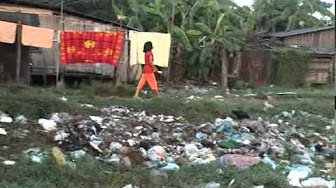Inequality in Latin America : Breaking with History?
With the exception of Sub-Saharan
Africa, Latin America and the Caribbean has been one of the
regions of the world with the greatest inequality. This
report explores why the region suffers from such persistent
inequality, identifies how it hampers development, and
suggests ways to achieve greater equity in the distribution
of wealth, incomes and opportunities. The study draws on
data from 20 countries based on household surveys covering



